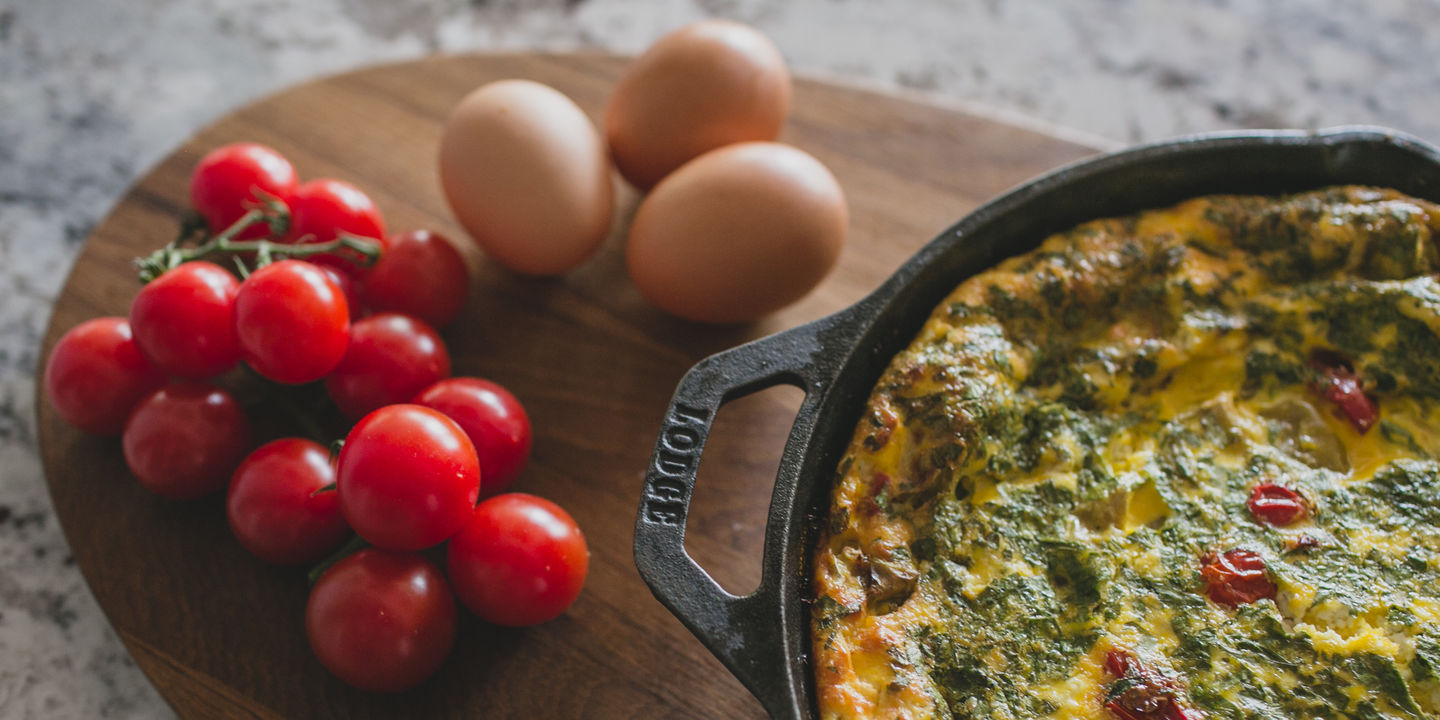How Quality Foods Improve Running Personal Records
How Quality Foods Improve Running Personal Records: Why Runners Need to Make Better Food Choices and How it Will Help Race Day Performance.
Runners eat bagels and pasta. It's a cliché statement but also true.
Now don't get me wrong. I love bagels and pasta, and there are a time and place for highly processed carbs in the runner diet. But a well-balanced, nutrient-dense diet will optimize your performance.
The Runner Nutrition Struggle
Runners are on the move. They have busy lives balancing work, family, and training, and they often grab food like nutrition bars, powdered supplements, and energy gels. They aspire to live a healthy lifestyle, but it takes time to exercise and eat well.
Processed foods lose vital nutrients during production. To improve your health markers, reduce cravings, and feel energized throughout the day, drop processed foods.
Micronutrient Benefits for Runners
There are micro and macronutrients in all foods. Macronutrients (macros) are proteins, carbs, and fats. Macros provide calories and energy. They get the most attention because of nutrient labels and calorie counting technology like myfitnesspal.com. Macros will allow you to understand energy balance but can leave holes in your diet and performance.
Micronutrients are vitamins and minerals responsible for your bodies healthy functions. Micronutrients such as phytochemicals (plant based) and zoochemicals (animal based) are readily available in whole foods. Processed foods in boxes and bags often come up short or are “fortified” or “enriched” to make up for the lack of nutrients. Eat whole foods to guarantee a broader range of micronutrients.
Three Key Micronutrients for Runners
Vitamin D
Vitamin D is anti-inflammatory and can help reduce the risk of injuries. A 2012 study found injured endurance athletes often have a vitamin D deficiency.
When you run, you inflict damage on your body which causes inflammation. Inflammation will cause injuries such as tendonitis and bursitis. The sun is your best source of Vitamin D, but adding whole foods like mushrooms, eggs, and dairy products will give you a boost.
For even more information on vitamin D, check out this article: https://www.ncbi.nlm.nih.gov/pmc/articles/PMC3781897/.
Calcium
Ligaments connect your muscles and bones. Running promotes muscle growth in your lower leg muscles, and stronger muscles pull harder on the ligaments and bones. The tension from the muscle on a weak bone will cause shin splints and stress fractures.
Calcium from whole foods like chia seeds, spinach, and dairy products will promote bone density, and strong bones will keep you running consistent and injury free.
Iron
A lack of iron is common amongst runners, females in particular. Iron aids in the transportation of oxygen to your muscles. An iron deficiency, or anemia, will lead to lethargy and poor performance.
It is a misnomer that spinach is a rich source of iron. Trade in your spinach salad for a cup of lentils or a plate of red meat.
High-Quality Foods Curb Cravings
Running is a high-energy expenditure sport, and you will burn a lot of calories while running. That’s good, right? Well, kind of. The drawback to running is that you will be hungry. Like, really hungry.
Runners need to stave off cravings post run as their body will try to call for more energy. Empty carbohydrates are not satisfying, but they are calorie rich. It is easy to overeat foods like pasta and cereal to erase the calorie deficit. These foods will not keep your appetite in check, and you will fight cravings during the rest of your day. This is why runners can struggle with weight management even when running as often as five to seven days a week!
Foods high in protein and fibrous carbohydrates will give you a more satiating feeling post-run. Swap your bagels for vegetables, whole grains, and protein loaded meats/beans to fight food cravings.
Sustained Energy
Carbohydrate gels and energy bars are great for a quick pick up during a run or pre-workout. Yet a food high on the glycemic index (GI) will raise your insulin to ensure you are using the available energy (carbs). Eating foods lower on the GI like sprouted grain bread, complex starches (barley, sweet potatoes, lentils, chickpeas) will give you longer sustained energy for your run.
Having a mix of high GI foods close to your run and low GI foods during the day will elevate your performance and help avoid the race day “bonk.”
How You Can Eat More Nutritious Foods
Food quality and your running performance do not have to suffer because of your busy schedule. Have a plan and develop healthy eating habits. Batch cooking one day a week a preplanning your meals is a great way to make your food schedule predictable.
No time for food prep? There are services out there that provide fresh, nutrient dense and balanced meals delivered to your door. Check out my buds at Grateful Plate for high-quality, all-natural, delicious AND fully cooked meals, prepared and delivered each Monday night to Philly and the Suburbs.
Your food quality is as important as your training miles. Use your resources to make better food choices.
About Rich Ryan
Rich is a forward-thinking Running coach that creates sustainable improvement for runners. His experience in performance training, strength and conditioning, and nutrition provides athletes with the tools to succeed. Rich works with athletes who want to improve their running and obstacle course race performance.

